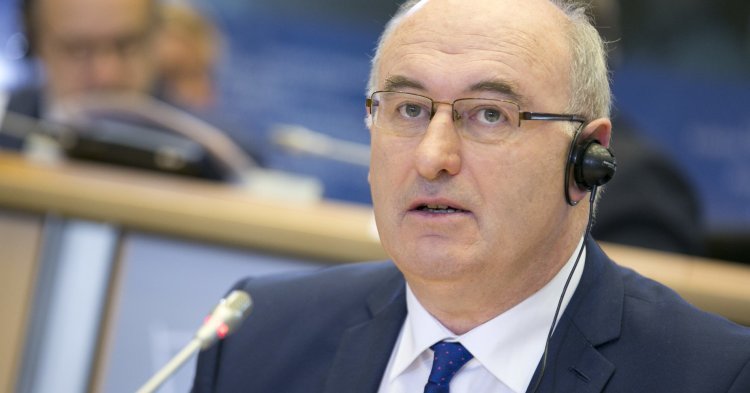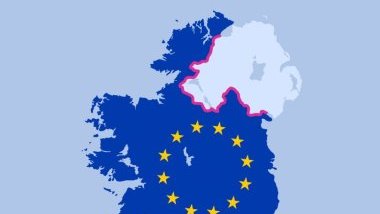Phil Hogan has gained extensive negotiating experience while serving in his role as agriculture Commissioner, and it is expected that he will adopt a formidable negotiating style in any trade negotiations with the UK government.
Hogan’s reputation as a steely negotiator is well renowned, and the UK would be forgiven for harbouring anxieties that installing an Irishman in one of the most powerful economic portfolios in Brussels may indicate a desire for vengeance in future trade talks. Hogan has been vociferous in his condemnation of the Brexit process, and has advocated relentlessly for Ireland’s unique vulnerabilities in the face of a no-deal departure.
While his UK counterparts can expect negotiations to be robust, they may be surprised to find Hogan willing to compromise, to accommodate, or to cooperate. The next EU trade commissioner is intimately acquainted with the complexity of Brexit’s intricacies, for the simple reason that he is an Irish politician, acutely aware of Ireland’s national interests.
On the other hand, the appointment of Hogan to the trade portfolio may also transpire to be a bona fide gift to the United Kingdom, for he, above any other appointee to the von der Leyen Commission, wants a close and fruitful future trading relationship between the UK and his native Ireland. And in such uncertain and unpredictable times, one thing that seems irrefutable is that a trade deal that works for Ireland will work for the rest of the EU. While in this instance there is convergence between the interests of Ireland and other member states, a commissioner will not always enjoy such a luxury.
The job of an EU Commissioner is conceived by a strange contradiction: individuals are selected by their national governments, but they are appointed not to represent their country or the government they owe their job to; instead, their role is to serve all European citizens. Hogan has not been the first EU Commissioner to be criticised for giving voice to national interests while supposedly serving to defend the interests of all Member States. However, it has come as a shock to many to find that Hogan now inherits a portfolio that will give him an even more obvious platform to advocate for the interests of his native Ireland.
Phil Hogan believes in the pragmatic, practical and economic incentives for the European Union. He understands that Ireland has benefited deeply from EU membership; that Ireland’s economy grew with the help of EU subsidies and grants in the years after its accession, and that even today, his native country owes much of its financial prosperity to internal market access and free movement rules. It may be unfair to suggest that Hogan does not believe ideologically in the European Union, but he could never be accused of being a European federalist. It’s difficult even to label him as an integrationist.
Ursula von der Leyen has made a sensible choice in selecting her trade commissioner: Phil Hogan will be effective and resolute when faced with the unenviable task of engaging in talks on a future UK trade deal, whatever format that might take. The only question, then, is whether Hogan will engage to the same degree when the issues before him affect Ireland less directly. Will he approach negotiations with Mercosur and ASEAN countries with the same vigour that he devotes to the UK?



Follow the comments: |
|
